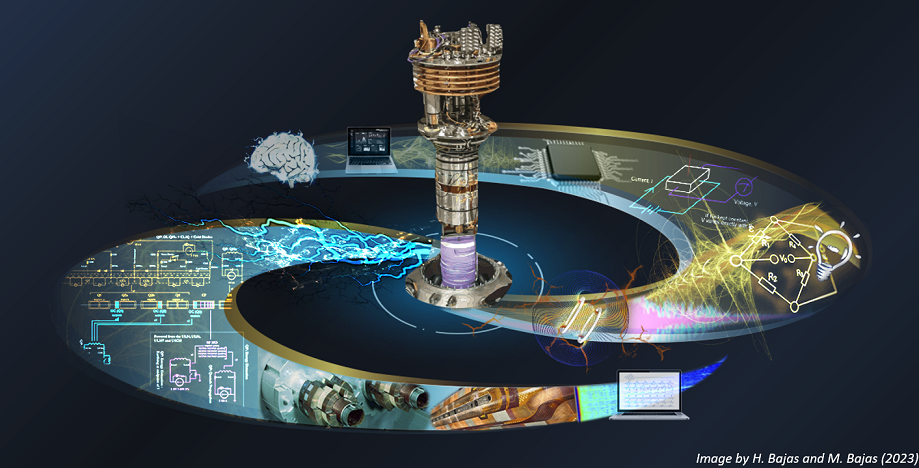Speaker
Description
About the lecture:
Magnetometers are the most important tools for accurately evaluating the performance of superconducting magnets. A magnetic field at any point in the space is a vector quantity, meaning that measuring the magnetic field requires knowledge of both its direction and strength. However, there is no single magnetometer that can measure magnetic field vectors with high accuracy and sensitivity across all magnetic field ranges. Therefore, it is necessary to select the appropriate technique from a variety of different options in order to properly evaluate magnet performance. This talk will provide an overview of some of the most widely used magnetometers, such as Hall sensors, fluxmeter and NMR, as well as their principles of operation. When discussing magnet performance, unique expressions may need to be used to represent the magnetic field distribution. For instance, accelerator magnets use a two-dimensional multipole expansion of a field, while three-dimensional spherical harmonic expansion is typically used to express the special uniformity of magnetic fields in MRI magnets. These two expressions will also be introduced in the talk. Additionally, the importance of calibrating magnetometers will be emphasized.
About the speaker:
"I joined Cryogenic science center KEK since 2004, and was involved the construction of superconducting combined function magnets for Neutrino experiment at J-PARC, Japan. I was in charge of cooling test of magnets and commissioning of beam line. I’m also member of cryogenic section, J-PARC, now, and engaged on the superconducting magnet development for physics experiment in J-PARC, COMET, g-2/EDM, and so on."
